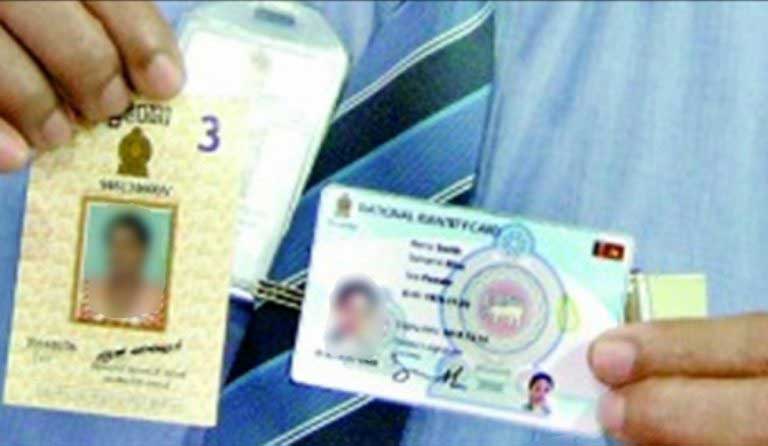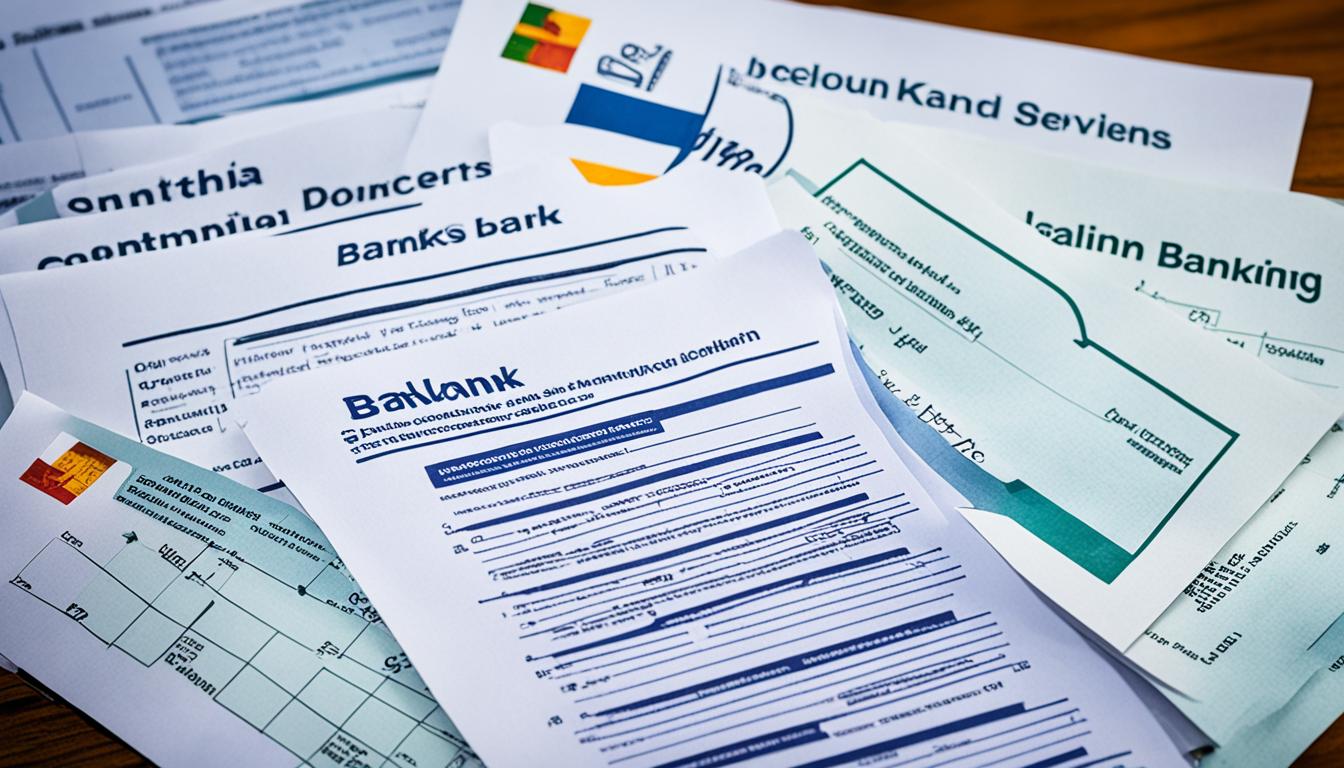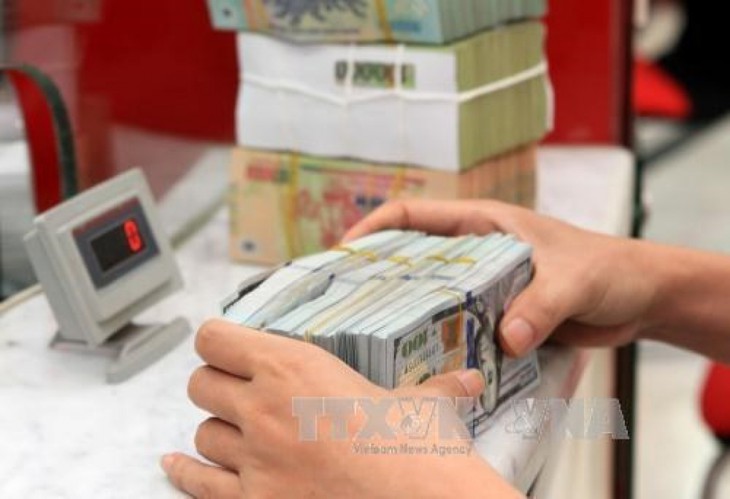In an endeavor to energize Sri Lanka’s business revival, the Central Bank has introduced pivotal MSME recovery regulations. These regulations are designed to facilitate the resurgence of micro, small, and medium enterprises (MSMEs) by instituting business revival units within licensed banks. Each unit will specialize in assisting economically distressed businesses, steering them towards a path of recovery. This strategy is a cornerstone of the overall economic recovery strategies outlined by the Central Bank of Sri Lanka to uplift the country’s economy.
Further fortifying the MSME sector will be the newly anticipated National Credit Guarantee Institution (NCGI). With backing from the Asian Development Bank and leveraging public-private partnerships, the NCGI signifies a significant commitment towards Central Bank MSME support. It is projected that the NCGI, equipped with an initial capital of US $110 million, will extend credit guarantees, thus fostering growth in the MSME sector while mitigating risks associated with lending.
Key Takeaways
- Introduction of MSME recovery regulations by the Central Bank of Sri Lanka marks a pivotal step in supporting the sector.
- Business revival units within licensed banks are set to play a critical role in aiding financially troubled businesses.
- The establishment of the National Credit Guarantee Institution with an initial capital of US $110 million aims to mitigate lending risks.
- Public-private partnerships backed by the Asian Development Bank are essential in the implementation of the NCGI.
- These initiatives reflect a comprehensive approach to Sri Lanka business revival and are integral to national economic recovery strategies.
Introduction to Sri Lanka’s MSME Sector and Current Economic Challenges
The economic crisis impact on Sri Lanka’s micro, small, and medium enterprises (MSMEs) has been profound, as illustrated by a recent International Labour Organisation survey. It revealed staggering disruption to business operations within this sector, reporting that a vast majority have been severely affected. The resilience of MSMEs is being tested as they confront ongoing economic turbulence.
However, Dr. Nandalal Weerasinghe, Governor of the Central Bank of Sri Lanka, presents a semblance of hope for the beleaguered sector. There is an anticipated economic conditions normalization, at least to a degree, with the promise of loosening supply chain restrictions that previously throttled the free flow of commerce.
Despite these overarching MSME challenges in Sri Lanka, the horizon isn’t entirely bleak. With strong intervention measures from the banking sector and the initiative for the establishment of the National Credit Guarantee Institution (NCGI), MSMEs may yet find the lifeline needed to survive and eventually thrive in the post-crisis landscape.
- Severe impact from the economic crisis on MSMEs.
- Findings from International Labour Organisation surveys.
- Initiatives led by the banking sector to support MSMEs.
- Projected normalization of economic conditions by Dr. Nandalal Weerasinghe.
- The role anticipated to be played by the National Credit Guarantee Institution.
Optimism persists that the collective efforts of policymakers and financial institutions will guide the MSME sector towards a sustainable path of recovery and growth.
Regulations for Speedy MSME Recovery via Business Revival Units Coming Up
In an unprecedented move, licensed banks in Sri Lanka are ushering in a new era of business revival and MSME financing. This initiative takes form as the country’s Central Bank directives have mandated the formation of specific units dedicated to this cause. The Governor of the Central Bank has communicated that the majority of the banks are now equipped with these specialized business revival units, targeting the amelioration of elevated impaired asset management that has burdened SMEs. The adherence to these directives is not solely an administrative move but a strategic step towards the enhancement of public-private partnership essential to the nation’s economic stability and growth.
Central Bank’s Directive for Licensed Banks to Implement Business Revival Units
Under Central Bank directives, the establishment of business revival units in licensed banks exemplifies a robust strategy aimed at reviving the pivotal sector of MSMEs. These units are charged with the specific task of identifying and assisting businesses with impaired assets, thus playing a pivotal role in the monetary policy transmission that underscores the economic recovery process.
Anticipated Role of the National Credit Guarantee Institution (NCGI) in MSME Support
Enhancing MSME financing, the anticipated National Credit Guarantee Institution (NCGI) emerges as a beacon of credit guarantee support. Backed by the Asian Development Bank, this public-private partnership envisions collaborating with a multitude of financial institutions to secure a more accessible and risk-mitigated lending environment for MSMEs. Through the provision of credit guarantees, the NCGI aims to diminish the apprehensions associated with lending to smaller enterprises, thereby acting as a catalyst for the business revival.
Effects of Monetary Easing and Expectations for the Private Sector
The impact of monetary easing has stirred a wave of optimism for private sector growth. The Central Bank’s strategic pause in further easing measures is a testament to the patience required to judge the monetary policy transmission’s efficacy. Expectations are anchored in the prospect of reduced market lending rates, which undeniably favor not just the MSMEs but the economy at large. Observers and stakeholders alike are keenly waiting to witness how these interventions will shape the contours of private sector expansion, thus driving a holistic business revival.
Insights from the First Monetary Policy Report for 2024
The Central Bank of Sri Lanka has taken a pivotal step in enhancing economic transparency with the release of the 2024 Monetary Policy Report. This landmark document offers a detailed analysis of the financial strategies and decisions undertaken by the authorities, addressing the pivotal subject of economic revival post-crisis. With a focus on the Central Bank’s policy considerations, the report is an essential touchpoint for comprehending the country’s financial landscape.
As expected, the report delves into economic forecasts that are vital to anticipating the future of Sri Lanka’s economy. Shedding light on projected growth rates, the Central Bank has set forth several strategic outcomes aimed at stabilizing and fostering economic stability. The insights into inflation predictions are particularly noteworthy, equipping investors, businesses, and policymakers with the foresight needed to make guided decisions and adjust to upcoming market conditions.
The transparency objective behind the initial July 2023 publication of the Monetary Policy Report continues with this first 2024 iteration, underscoring the Central Bank’s commitment to stakeholder engagement and public awareness. Such openness in the realm of economic policy-making is elemental for a country on the mend. By outlining the trajectories of crucial economic indicators, the report stands as a beacon for interested parties aiming to navigate the evolving economic tides of Sri Lanka.













